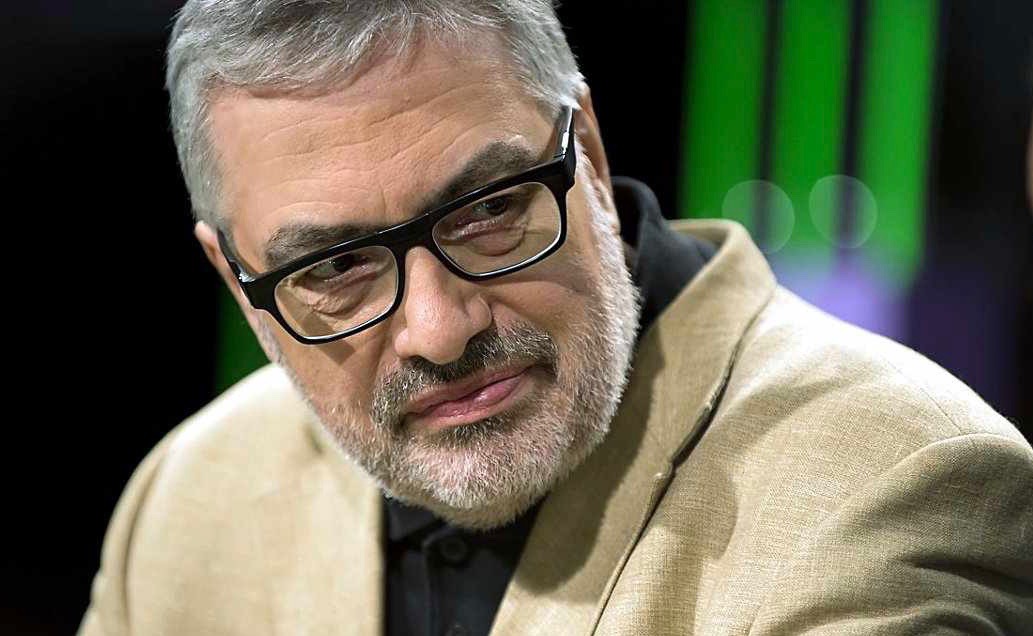
Russian expert: No way Russia will reopen a listening post in Cuba
Recent talk about Russia reopening its Cold War listening post in Cuba is just idle talk, a Russian military expert said last week. The Kremlin can’t afford it, he hinted.
Pavel Yevgenevich Felgenhauer (in photo at top) told the Rosbalt news service on Thursday (Oct. 13) that there is no chance that Moscow will restart the radioelectronic monitoring station in Lourdes that it closed in 2001. Too expensive and by now obsolete, he explained; hackers can do a better job.
Felgenhauer is a former Defense Ministry correspondent and analyst for the Moscow newspaper Nezavisimaya Gazeta and the chief defense correspondent for the daily Sevodnya. He has written for The Moscow Times and Novaya Gazeta and currently is an independent observer of Russia’s military establishment.

Felgenhauer was reacting to recent reports that Deputy Defense Minister Nikolai Pankov had told the State Duma, the lower house of Parliament, that the Ministry was considering that option.
“We are working on this,” Pankov was quoted as saying on Oct. 7, without going into details. His statement was seen in the context of deteriorating relations between Russia and the United States.
“The global situation is not static, it’s in flux, and the last two years have made significant changes to international affairs and security,” Kremlin spokesman Dmitriy Peskov told reporters in a conference call after Pankov’s statement.
“Therefore, it’s quite natural that all countries assess these changes in line with their national interests and take certain steps in the way they consider appropriate,” Peskov added.
But Russian President Vladimir Putin had said in summer of 2014 that the Kremlin had no plans to reopen the Lourdes center.

The center began operating in 1967 under the Soviet Union. It was shut down in 2001 by Putin himself. The complex now serves as a computer sciences university.
In his interview with Rosbalt last Thursday, Felgenhauer said that “in principle, you can go back, but it will be expensive.”
“Cuba has been left without sponsors,” he explained. “Once we supported them. Just for the lease of the base until 2001, the Cubans were paid $200 million a year. Then they were supported by [Venezuela’s Hugo] Chávez, but Venezuela is now ruined. The Cubans would, of course, be happy to host the base, but they will want more than $200 million. Is there is that much money in the Russian budget at this time? I doubt it.”
It would be “a very expensive pleasure to build a base in Cuba today to listen to America,” Felgenhauer continued. “Now the hackers come to the forefront, but they do not need to sit in Cuba; they can get information from anywhere, even from Ulan-Ude [in eastern Siberia].”
Asked by Rosbalt reporter Aleksandr Zhelenin if Russia is even considering setting up a missile base in Cuba, Felgenhauer reminded him that “in 1962, we signed with the United States an agreement on the nondeployment of missiles in Cuba. If we break it, the Americans immediately reimpose the blockade against Cuba. So there can be no talk about it.”
“In general, the chances for the construction of these bases are nonexistent and senseless. They would only serve to shake a fist at someone — or a middle finger.”


